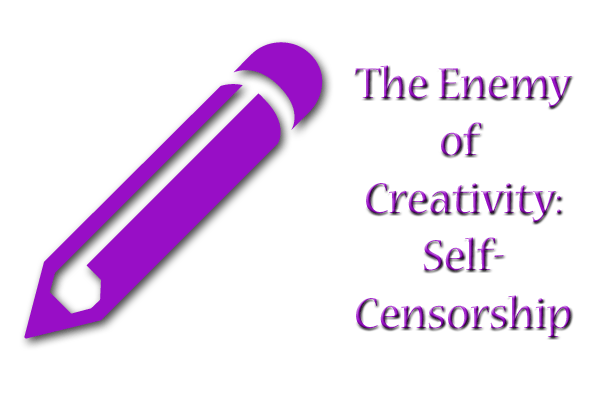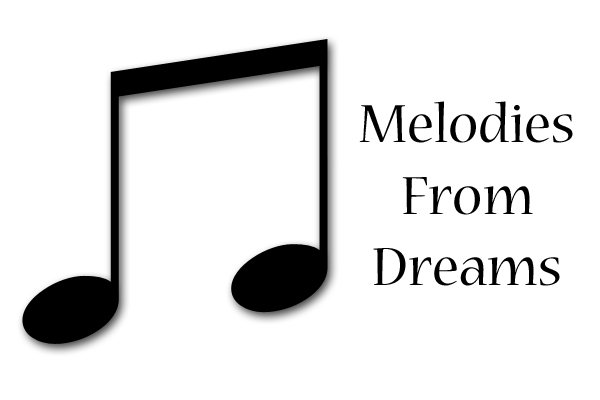
Choirs have been a major part of my life since childhood, and I have loved every rehearsal and performance of it. Even though performing with any group, be it a dance troupe, an acting company, a band, or a large choir, is a commitment that takes dedication, it has helped anchor my life in many ways. The interdependency of a performance group is one reason I love choir–you become a family of sorts, understanding how each other operates, helping each other learn, working together for the common goal of producing beautiful music.
And yet, I would have never known my future interest in choir if I hadn’t taken a risk in 7th grade…and I wouldn’t have known just how important it was to me until I couldn’t be in a choir for a while.
My Personal Experience in School Choirs
Though I sang with my elementary school choir in 5th grade, I never really thought I had much of a singing voice until 7th grade, when I joined the choir “just to see if I liked it.” If I didn’t like choir, I reasoned, I could always go to band the next year.
I started out the year singing as I had always done: very softly, because I wasn’t sure if I was doing it right. But my choir teacher kept urging us to “sing from the diaphragm”–take deeper breaths and somehow push a louder sound out. I couldn’t wrap my head around what she wanted, so for a few weeks I continued singing very, very softly.
Finally, one morning she was fairly exasperated with us because we weren’t really trying much that day–most of the class wasn’t paying much attention. Right in the middle of her instructions on how to produce bigger sound, a knock came at the door, breaking her concentration. “All right, I’m going to say this one more time,” she said quickly, as she went toward the door. “Take a deep breath–don’t move your shoulders–tighten your stomach, and produce the sound!” Then she opened the door and talked to whoever was outside.
In the 30 seconds it took for her to talk to the person, understanding suddenly flashed in my head. Tighten the stomach? OH! THAT’S what I was supposed to do! I thought, “Well, is that all? Heck, I can do that.” When she came back into the room and took up her position at the music stand again, I was ready to sing, with my deep breath and tightened tummy.
From the expression on her face as we sang through one or two measures, she was not ready for the explosion of sound that came from the alto section. She motioned for us to stop singing, and in this shocked voice, she whispered, “Who was THAT?” It felt like every finger in the alto section pointed to me, and I wasn’t sure if her reaction was a good thing or a bad thing at first. 😀 But the big smile that dawned on her face let me know I had done at least something right.
From that day, I became one of the strongest altos in the section, and I never did make it to band. Finally, after nearly seven years of feeling like I had no place at school and that I would never do anything of consequence, I had found a place for myself, a place to be useful to other people. Many of the other altos were, like me before, still too shy to sing, so I produced tons of sound…which, I found out later, helped some of the other girls become more comfortable with the idea of singing with every rehearsal. The rest of seventh and eighth grade passed in this way–and, by the end of eighth grade, most of the altos I sang with had found their confidence as well. We thus had a strong corps of ladies ready to move on into high school choir.
I made it from the freshman Glee Club to the highest-level Chamber Choir in tenth grade, as one of only three ladies to be promoted immediately from Glee Club to Chamber Choir that year. Three successful years of Chamber Choir followed, under the direction of our high school choir teacher, who worked with us just as hard to shape our sound. (Some days I was worried he was going to have a stroke in front of us, he worked so hard!) But I did learn how to produce the tall vowels and enunciated sounds he consistently looked for in performance and rehearsals.
I carried this experience and knowledge into my college career, with one year of singing with the Women’s Glee Club and three years of singing with the Women’s Choir. My knowledge of choral music and my ability to adapt to different song styles grew as I sang in college, and by the time I’d graduated with my undergrad degree, I had sung in at least 13 different languages, traveled to sing in New York and England, and met a number of wonderful musicians who enriched me just by singing beside them.
The Break from Choir
Unfortunately, when I got into my graduate degree program, I had to largely quit choir to pay more attention to my studies in Middle-Grades Education. Other than my church choir, which I got to sing with only on Sundays I came home from college (and even then, not as often as I liked), I was out of the organized singing groups I had been used to singing with for nearly 10 years.
This break from choir, oddly enough, helped me realize what I loved about singing, and what I missed about it. I missed the camaraderie formed by trying to learn songs together (and often missing notes, lol); I loved performing with my fellow altos, keeping our line strong and helping the other three parts to stay on target. Though I did get to sing on occasion, I missed the constancy of rehearsals more than once a week, learning many different pieces, building up to a huge performance. I honestly felt lost without a group to perform with, and I think it contributed to my sinking heart and low state of mind.
A Joyous Return
But a serendipitous meeting with an old choir buddy (at Walmart, of all places) let me know of a new opportunity–the local Choral Society, a group of all levels of singers, was looking for altos. That was the impetus for me to attend a rehearsal, which led me to join up within the week. It was an electric experience after having been out of regular choir for so long. I snapped back into place like a long-lost puzzle piece, and I haven’t even entertained the idea of dropping out since.
My Current Choir Experience
I’m now involved in Choral Society as well as my church choir, and both choirs fulfill me musically, but in different ways. Church choir is a time for me to praise God for the ability to sing and the ability to make music; it’s not so much about the technical perfection of the music, but about the feelings and meanings that propel that music along. Choral Society, by contrast, is a time for me to sing with other choral musicians who enjoy rehearsing and learning challenging and lovely music–striving for technical perfection is part of the enjoyment (even if you don’t quite get there in one rehearsal, LOL!).
I enjoy singing with others much more than singing alone, though singing alone is cool; there’s just something about hearing your voice meld with others’, hearing it build in intensity, hearing it recede and return like audible ocean waves. It’s almost an animal in and of itself, moving, growing, and changing moment by moment…it’s awesome. It may not be a powerful soloist’s career, but for me, it’s a powerful experience. I’m so glad I took the chance to “see whether I liked choir”–it led to a lifelong love.











